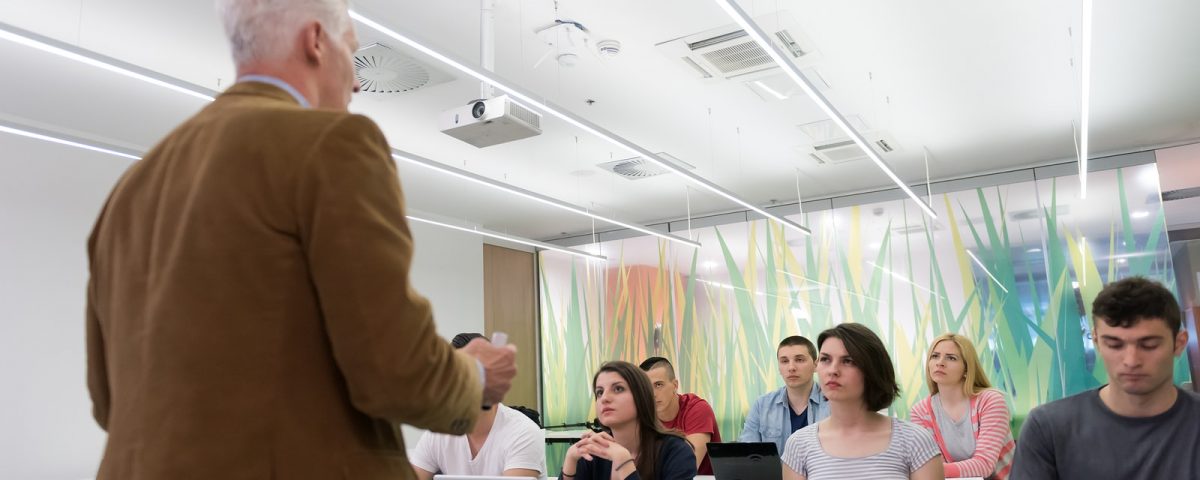Politics in the Classroom: Is it Okay for Teachers to Start These Conversations?

Why Public Officials Need EPLI Coverage
November 19, 2018
2018 in Review: Mass Shootings
December 3, 2018Politics in the Classroom: Is it Okay for Teachers to Start These Conversations?
Teaching and politics have never been easy to blend together. While the ways that educators work—from curriculum to budget—are dependent upon crucial election cycles, expressing views about politics in the classroom is always controversial.
But given the recent years of elections that have enveloped all areas of daily life with their social context, is it safer now to discuss these topics? One difficulty is maintaining an objective view on everything from citizenship to history to government involvement, among the myriad of other hot topics. So, how to teachers and other educators maneuver around discussing them without causing an uproar?
Student Engagement
With the ease of access to information online, and the combination of social media and 24/7 news coverage, everyone from all walks of life has the ability to engage politics. This is even truer for students in school who are constantly tapped into their phones and social updates. While it’s been beneficial to stay informed, it has created a huge divide in ideals as well as grabbed younger students’ attention with misinformation.
Educational authorities are responsible for ensuring that teachers offer an objective presentation of opposing political views while staying away from their own biases. If we want students to grow their own ideas and think for themselves it must be taught that way. In fact, a recent study details that students should in fact be encouraged to express their ideas, but do so in a non-partisan environment.
Being Balanced
Even though students are voicing their opinions more and finding compatriots in others who share their ideas, they still value teachers’ input and turn to their educational leaders for thoughts and insight. But with this in mind, it’s even more important to be diligent about not giving away too much in personal opinions.
Students will look to teachers as authorities on the issues and either agree and feel emboldened, or feel like they are on the opposite end of the spectrum and outcast. One way to avoid this side-taking from happening is to keep personal political ideas private and continue to play Devil’s Advocate in discussion. If a student asks about which way a teacher voted on certain issues or between certain candidates, teachers should simply state that it’s private and they don’t want to influence someone else’s opinion.
Another option for teachers is to indulge the students’ curiosities and provide some insight, but back it up by emphasizing that it’s just a personal view and everyone is entitled to have them. Teachers should also reinforce this choice by imploring their students to make up their own mind and create a value system around forming their own opinion.
While politics will never be an easy subject to discuss when it comes to a classroom platform, there are ways to navigate these controversial topics without isolating anyone or emboldening a group of students looking for support in their ideas. It’s best to avoid these topics and save your school from possible legal issues and reputational controversies with Educators Legal Liability coverage.
About PGUI
Professional Governmental Underwriters, Inc. is a full-service risk management company dedicated to assisting public, educational and non-profit entities in the management of their professional liability exposures. We are dedicated to providing state-of-the-art professional underwriting management and loss control advisory services on behalf of our designated carriers. For more information, call us toll-free at (800) 586-6502.


